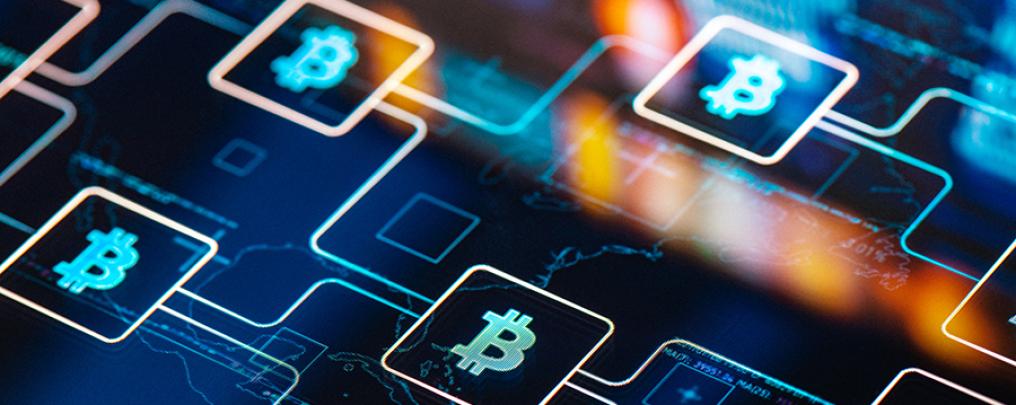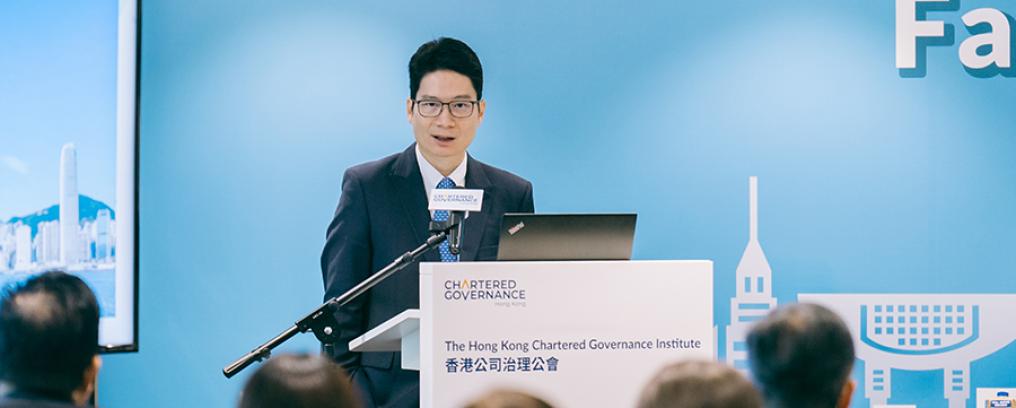At its peak in early 2022, the Bahamas-based cryptocurrency exchange FTX was valued at US$32 billion. By November that year, the exchange was in bankruptcy proceedings and its co-founder Sam Bankman-Fried was facing charges of committing one of the biggest financial frauds in US history. Then, in September this year, this drama was replayed in Hong Kong with the collapse of the JPEX cryptocurrency exchange, currently under investigation for fraud and misleading investors.
The question, inevitably, in many people’s minds is whether these two cases demonstrate fundamental flaws in cryptocurrencies and decentralised finance, but our cover story this month does not buy this interpretation. These exchanges did not implode because of what they were trading, it suggests, but because of a reckless disregard for internal controls and effective governance frameworks.
The investigations, still ongoing in the case of JPEX, indicate that neither FTX nor JPEX were big on the idea of checks and balances on senior management. Entities valued at such dizzying sums will usually have acquired a small army of intermediaries – including auditors, independent non-executive directors, company secretaries and general counsel – to ensure that independent judgement is brought to bear on the issues facing the firm and that there is constructive challenge to the decision-makers at the top of its hierarchy. Dispensing with intermediaries, however, is very much in the crypto ethos. At its birth back in 2009, one of the main selling points for Bitcoin was its decentralised, peerto-peer means of transferring value on a shared public ledger.
This month’s cover story does not claim that there is anything fundamentally flawed about this. It does not seek to turn a financial catastrophe for large numbers of stakeholders, including retail investors, employees and creditors, into an advertisement for our profession. Nevertheless, the FTX and JPEX cases can have benefits for our capital markets and our society at large if they raise awareness of why markets need regulators and why companies need good governance.
Building and maintaining effective internal controls might not be as compelling as generating spectacular profits, but what happens when you dispense with those controls has been dramatically on display in the high-profile trial of Mr BankmanFried in the US. Governance, it turns out, along with the professional governance gatekeepers who serve with honesty and integrity, are essential if organisations want to avoid repeating the FTX and JPEX scenarios.
Before I go, I would like to highlight that from next month this journal will be going paperless. As our Chief Executive, Ellie Pang FCG HKFCG(PE), points out in this month’s In Conversation article, the transition to a digital-only format is a key part of our efforts to modernise and upgrade the Institute’s communications with our members, students and the wider community in an increasingly digitalised world.
She emphasises that, while there will be no change to the existing standards of editorial and design, and readers accessing the CGj website will still be greeted by the much-loved cartoons of Harry Harrison who has been drawing our CGj covers since 2012, the new format will bring with it huge opportunities for improving the reader’s experience. This includes the ability to add multimedia elements, such as video interviews and interactive graphics, but, most important of all, readers will have an increased ability to search the CGj archive for relevant content. I look forward to seeing how our new-born digital-only CGj will evolve in the coming years.



